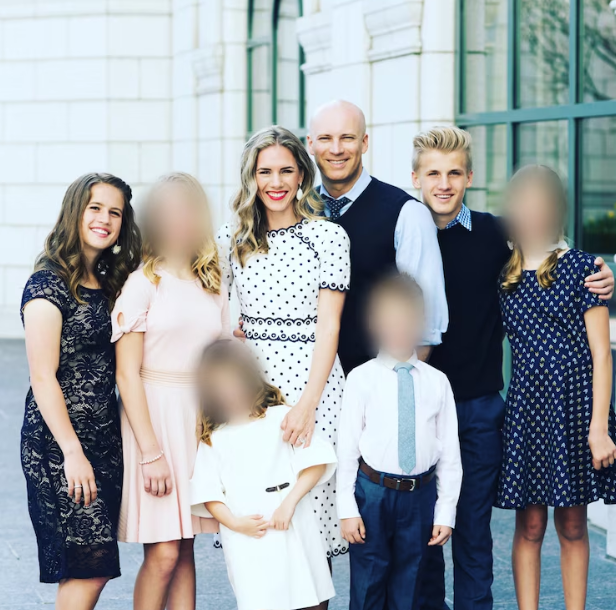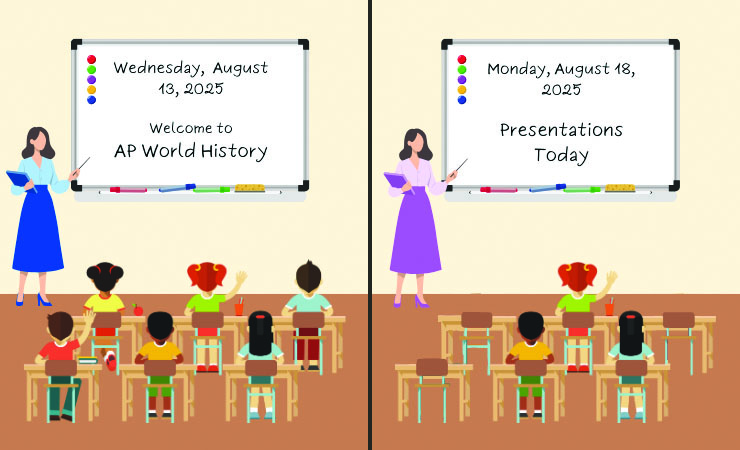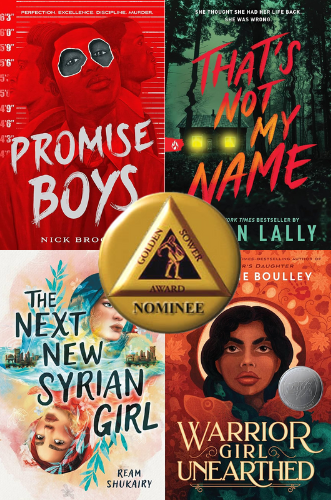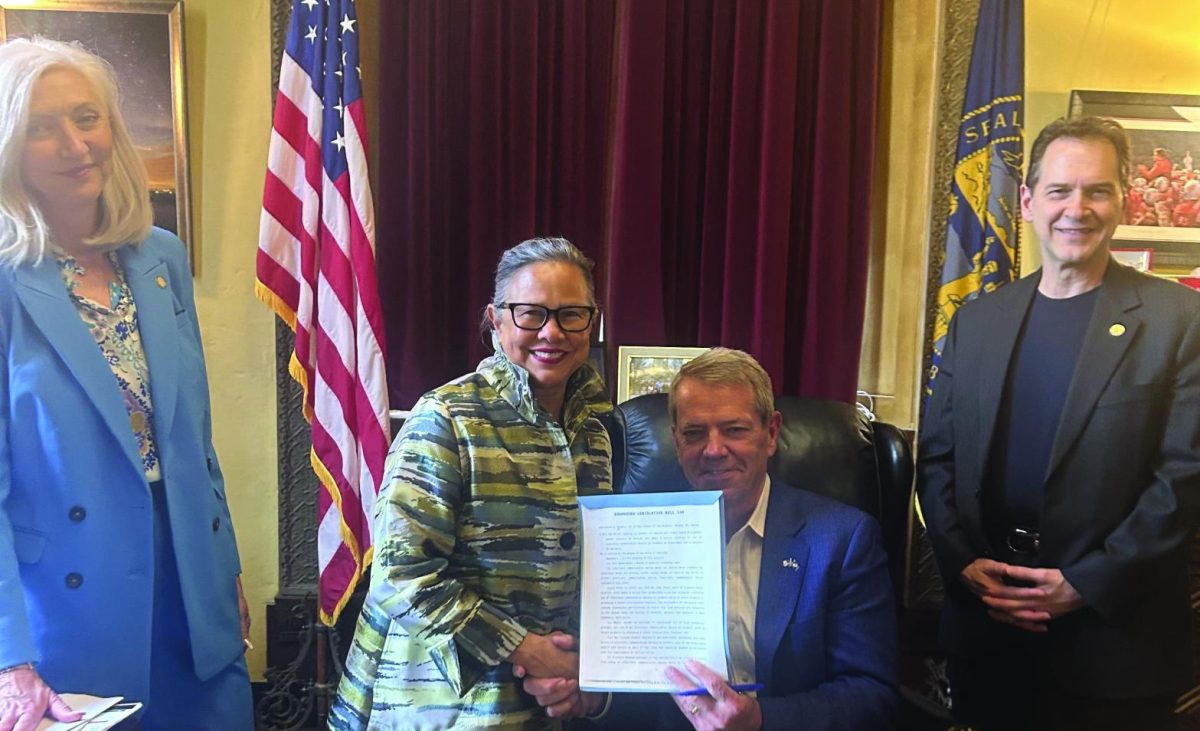Would you let thousands of people watch your child shop for their first period products? This is the reality of many families that raise and endorse kidfluencers. In the past couple months, the internet has been swarming with posts about children on the internet, and the ethics of kidfluencing. Influencers have a huge impact on what we wear, what we buy and what brands we like. What can be tricky is that kids don’t know how to fill this role, and many child internet accounts have adults running them.
Adults behind infamous channels like 8 Passengers and Piper Rockelle’s ‘The Squad’ manipulate the content to cater towards what gets the most clicks, but that also involves endless hours of filming, invasive content and problematic interpersonal relationships that the adults running these channels knew how to profit off of.
When Rockelle was just eight years old, she started a YouTube channel managed by her mom. Years later, Netflix comes out with a documentary with her previous YouTube ‘Squad’ members exposing Rockelle’s ‘momager’ and the mistreatment that happened on set. Members Sophie Fergi and Sawyer Sharbino had been in the squad for years, and dove into the endless hours of work they had to do on set.
Although they were making a good amount of money from these Squad videos, they were tied to contracts with Tiffany Smith (Piper’s mom), and the editor of the videos, Hunter Hill. Hill was an integral part of the operation, marketing the videos and editing them carefully so that they’d land correctly on the algorithm and get the most engagement.
The problem with this is that the kids, putting in 12+ hours a day, were not getting the wages they earned because of contracts with Smith and Hill. This is a popular question often raised in the discussion of child influencers, is it child labor? Just this year in California, content creators who feature minors in at least 30 percent of their content must deposit 65 percent of the minor’s gross earnings into a trust account for when they reach adulthood. Although some states are putting in regulations on the amount of money kidfluencers must be allowed, being the primary source of income puts a great deal of stress and pressure on minors, to act and film well enough to make enough money. In the YouTube and Instagram space, there are thousands of families trying to profit off of their content on these platforms.
One pioneer channel was 8 Passengers, a popular family-style vlogging YouTube channel. Early on, the mom running the account, Ruby Franke, learned what type of content the public liked. Embarrassing, invasive content was exactly the 8 passengers niche, and with kids as young as three to four, it was problematic.
One thing about children is that they don’t always do what you wish, so an incentive was involved, money. In the documentary “Devil In the Family: The Fall of Ruby Franke,” cut footage is exposed of Franke scolding her kids to act right and saying they’ll ‘earn’ money when they film videos. Is it ethical to incentivize your kids to film invasive content with only a small portion of the money being made, even though you’re profiting off of them?
As you know, there are people lurking on the internet that shouldn’t be there, and most of these kidfluencer accounts are perfect places for them to hide. The 8 passengers channel in its prime posted videos with the headlines “Her First Time Shaving” and “Going Period Product Shopping,” coupled with embarrassing thumbnails of videos. Rockelle’s channel was also known for having embarrassing or invasive content and thumbnails, depicting the underage squad members about to kiss or do a risky challenge.
The problem with having intrusive childrens content posted, is that there are formidable people on the internet who don’t have good intentions. In the Rockelle documentary, previous squad members go into detail of older men who would send Rockelle and Smith money and gifts in return for special posed photos and chats. In a day and age where AI runs rampant and anything can be made or posed, having suggestive children’s content posted by their own family channel is something completely avoidable.
Many children have fond memories of their childhood, but kidfluencers may be stripped of many of these experiences. When you’re placed in front of the camera 24/7, many things feel fake and performative, even when they’re genuine family experiences. While filming, children in the 8 Passengers videos would talk about the lack of friends they had, or how their friends wouldn’t speak to them anymore because of the channel. Chad Franke, the second oldest in the ‘8 Passengers’ family, tells the camera in one video he “no longer has friends, I don’t do anything.”
Putting content online of children often is grounds for teasing from peers, or being shunned for being the odd one out. Rockelle often told other members of her Squad, including her own cousins, that she just missed them and having a normal life. When filming 24/7 like most influencers do, children miss out on key experiences, one of them being school. Fergi attests to the crazy hours they’d have to work and film, saying that they’d go to bed at 2 a.m. just to wake up at 7 a.m. to start schoolwork and then film all day.
Child influencers are facing the pressure from the adults running the channel to perform, to make the channel work.
Although parental figures can be attracted to social media and the glamor and revenue that comes with it, it could cost the wellbeing of their own child. Content creation is overflowing with possible risks for children to be overworked, preyed upon or feel bullied by their peers. In a rapidly developing industry, it’s necessary for parents and children alike to be educated on the dangers of kidfluencing and why it’s so much more than money and networking.







